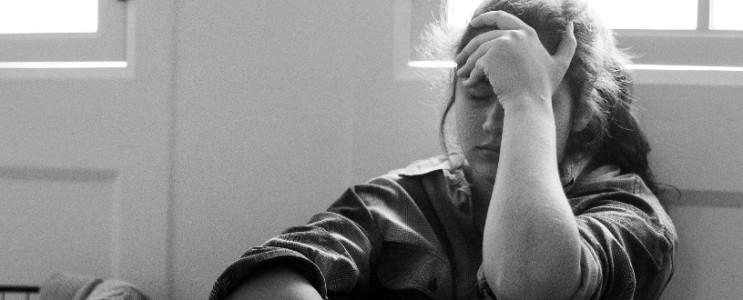
How Effective is Therapy?

You are feeling down, stressed or just generally not yourself. You don't necessarily want to talk to your friends or family about what's going on because you don't want to burden them or you're embarrassed. So, you bottle it up. But after a while, it becomes too much and you need to find an outlet. Sounds familiar? If so, you are not alone. According to World Health Organization, 1 in every 8 people live with a mental health disorder around the world and most of them lack access to effective care. The global pandemic has significantly contributed to a mental health crisis world wide. According to estimates, there has been a 25% rise in anxiety disorder and depression during this time period while at the same time the world has seen a disruption in mental health services. Therapy is a great way to work through your problems in a safe and confidential environment with a professional. Here are three reasons why therapy can be effective.
1. It's Confidential
The relationship between a therapist and their patient is built on trust. Everything you say in therapy is kept confidential unless you give your therapist permission to share it. You can feel free to speak openly and honestly without fear of judgement.
2. It's a Chance to be Heard
In day-to-day life, you are constantly interacting with other people. But sometimes, it can feel like no one is really listening. In therapy, you have the opportunity to speak without interruption and be heard for once. Being heard can make all the difference in the world.
3. It Can Help you Learn About Yourself
Oftentimes, you may be so caught up in your life that you may forget to take a step back and examine yourself and your actions. Therapy provides a space for you to do just that. It allows you to examine your thoughts and feelings in a safe and non-judgmental environment so you can better understand yourself and why you do the things you do.
Types of Therapy
Now that you have gone over some of the benefits of therapy, let's take a look at some of the different types of therapy.
1. Psychodynamic Therapy
This type of therapy focuses on how your early childhood experiences have shaped who you are today and how they may be affecting your current relationships.
2. Behavioural Therapy
This type of therapy focuses on changing any negative or harmful behaviours you may have. If you have a specific behaviour you would like to change, such as overeating or biting your nails, behavioural therapy can help you accomplish this goal.
3. Humanistic Therapy
This type of therapy focuses on your personal growth and helps you reach your full potential. If you feel like you are stuck in a rut and need some guidance to get back on track, humanistic therapy might be right for you.
4. Cognitive Behavioural Therapy (CBT)
Here the focus is on helping you change negative thought patterns and behaviours. This can be helpful if you're struggling with anxiety, depression or other mental health disorders.
5. Interpersonal Therapy (IPT)
Originally developed to treat depression, IPT is a type of therapy that focuses on your relationships with other people. It can help you learn how to communicate better, manage conflict and build healthier relationships. Studies have shown this form of therapy is as effective as taking antidepressants for mild or moderate depression. Depression in children and adolescents can also be treated using this form of therapy.
6. Eye Movement Desensitization and Reprocessing (EMDR)
It is a type of therapy which can help you process and heal from trauma. It's a relatively new therapy, but it has been shown to be effective in treating PTSD.
The 4 pillars of effective therapy
The effectiveness of therapy depends on several factors, but there are four are particularly important:
1. Self-Acceptance
In order to benefit from therapy, you need to be willing to accept yourself – just the way you are. This means being honest about your thoughts, feelings and behaviours, even if they're not perfect.
2. Self-Knowledge
Gaining a deeper understanding of the interconnectedness of your thoughts, feelings and behaviours can be tremendously helpful. This self-knowledge can give you a greater sense of control over your life and help you make better choices.
3. Relationship Quality
Improving the quality of your relationships is an important goal of therapy. This includes developing healthier communication skills, learning how to manage conflict and building intimacy with loved ones.
4. Consideration of Others
A good therapist will help you learn to consider the needs of others – whether it's your family, friends or co-workers. This doesn't mean you should always put others first, but it's important to be able to balance your own needs with the needs of those around you.
Therapy can be an incredibly effective way to improve your mental health. If you are feeling lost, confused or just need someone to talk to, you must consider therapy. Each type of therapy has its own unique benefits which can help people in different ways. If you are still not sure which type of therapy is right for you, consider meeting with a therapist to discuss your options further. Just remember seeking help is a sign of strength, not weakness!
Articles
Build your awareness and get inspired with our researched articles on how you can strengthen your well-being
Popular Topics
An OTP has been sent to the email address
provided.
Please check your Inbox and Spam folders.

What Would You Like to Speak with a Specialist About?
Mental Fitness Journey starts Now!
Chearful Connects you with Top-tier Qualified Wellness specialists for the Price of a cup of Coffee!

Next Steps
- A Client Team member will reach out to you to schedule a session with the most suitable specialist.
- You will receive an email with a 10% Discount Code* for your 1st session.
- We invite you to Explore the Platform & Sign Up today! *Upto a maximum of $10 discount on a session purchased




 3198 Read
3198 Read



.jpg)






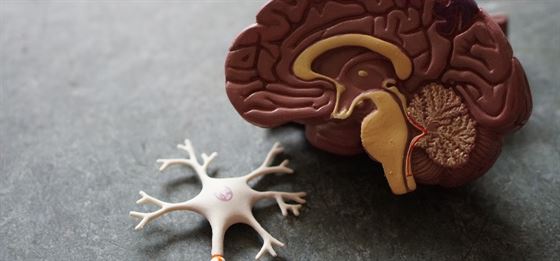
.png)

.jpg)

.jpg)

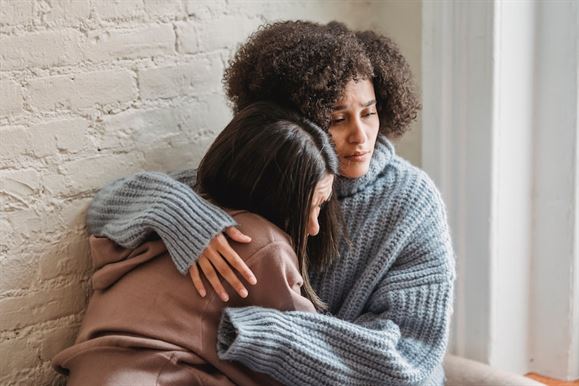


.jpg)








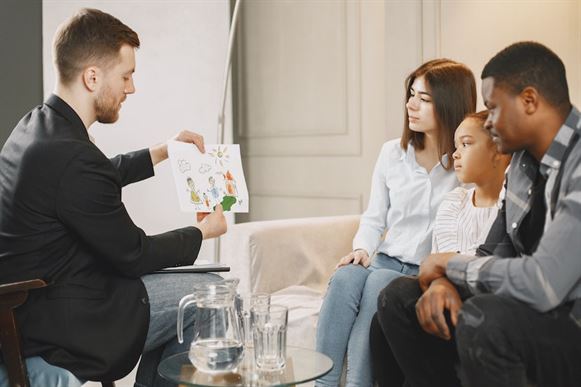













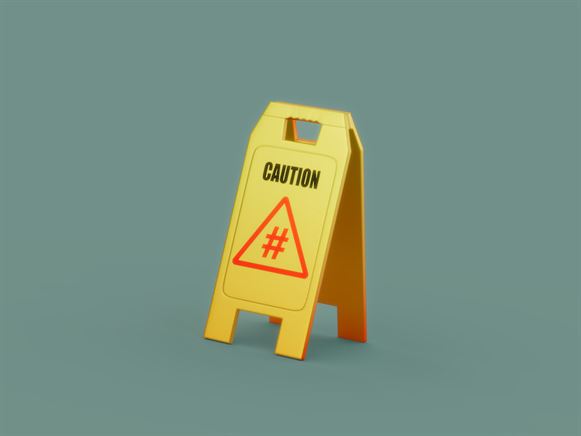

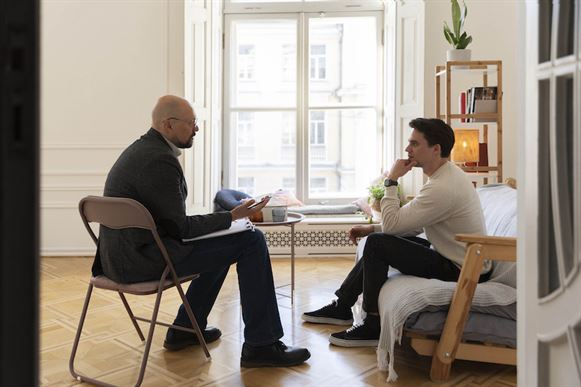

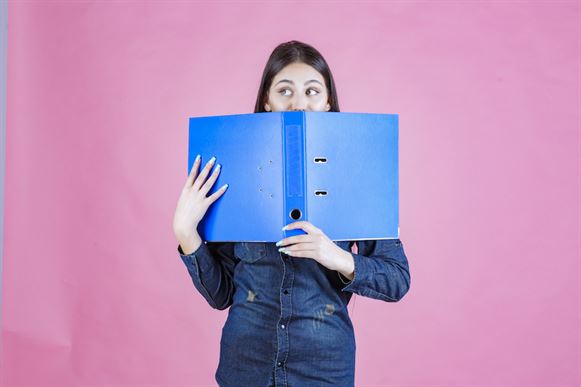




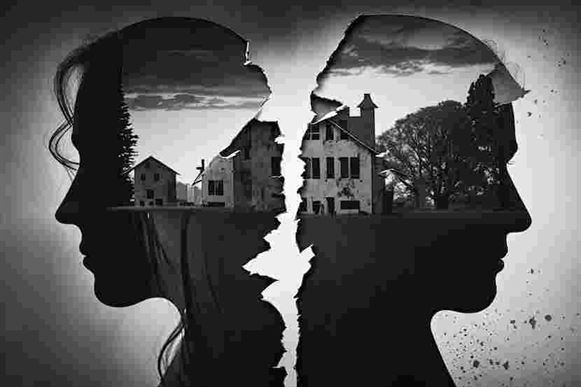
.jpg)

.jpg)











